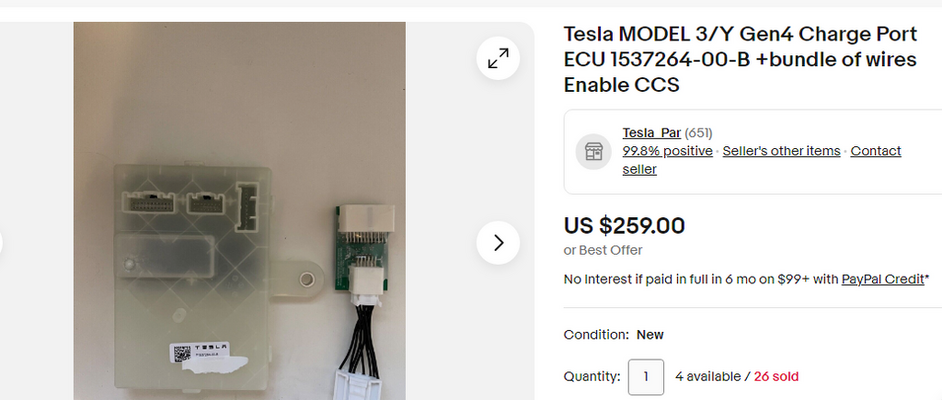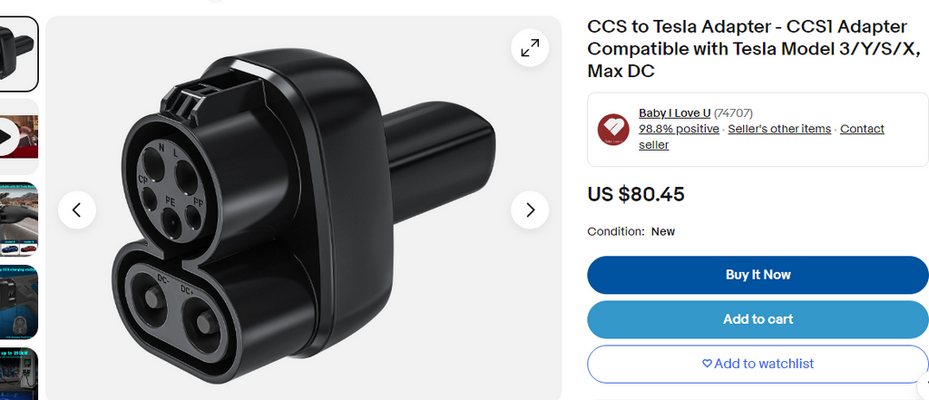Tom
Administrator
- Joined
- Jan 13, 2005
- Posts
- 51,974
This week one of our clubs had a presentation by the owner of a local Ford dealership. He drives an all-electric truck and brought the truck and an electric Mustang to the meeting. Some takeaways for me (not in order of priority) were:
- High initial price, but Tesla's recent price drops will affect industry EV prices
- 8-year warranty, including battery
- Resale value
- Battery replacement $30-40K
- Added weight (due to batteries) = more tire wear
- Lower maintenance costs (no oil changes, no drivetrain)
- Those ICE vehicle maintenance costs are 50% of dealership revenue
- Quick acceleration
- Cost of must-have home charger
- $300K cost of Ford-mandated super charger in dealership
- Availability of cross-country chargers
- Price of charges is much less than an equivalent gas tank refill
- Miles on an in-transit charge
- Batteries will die in cold climates
- Less wear on brakes
Last edited:


